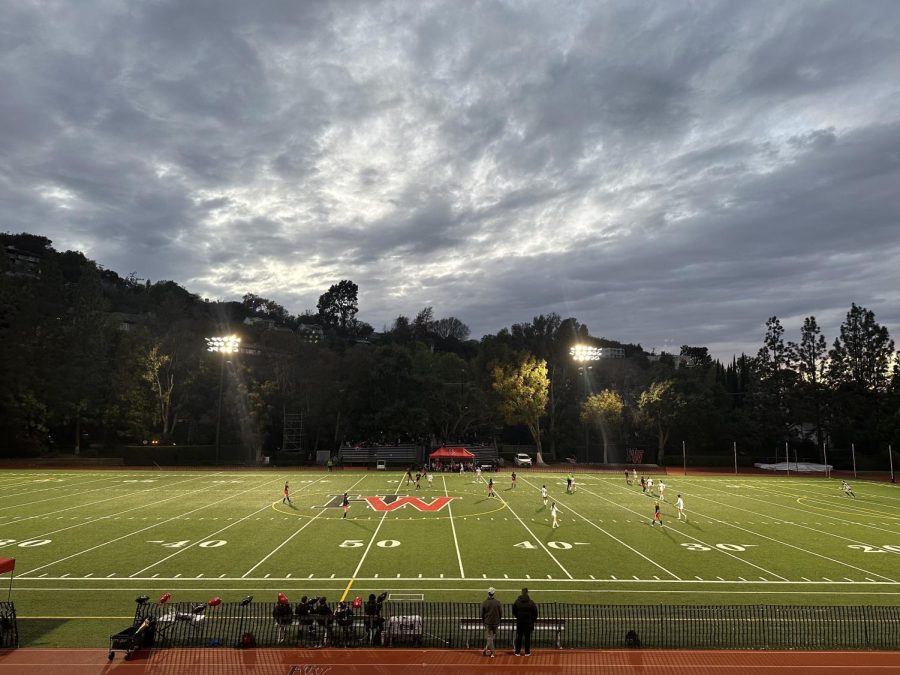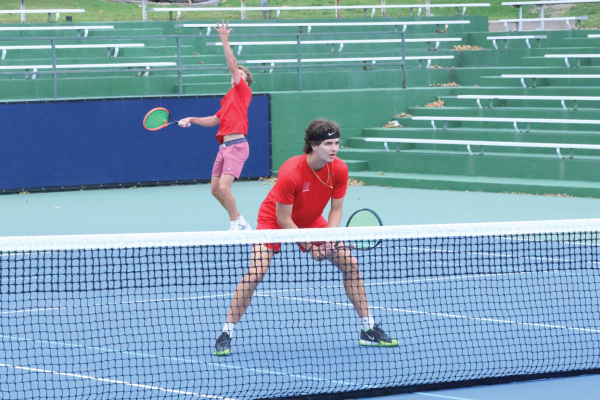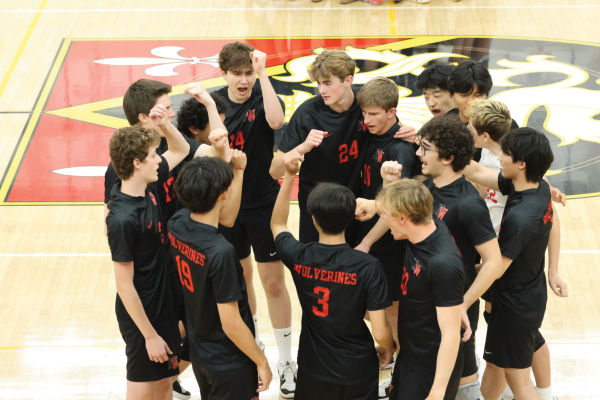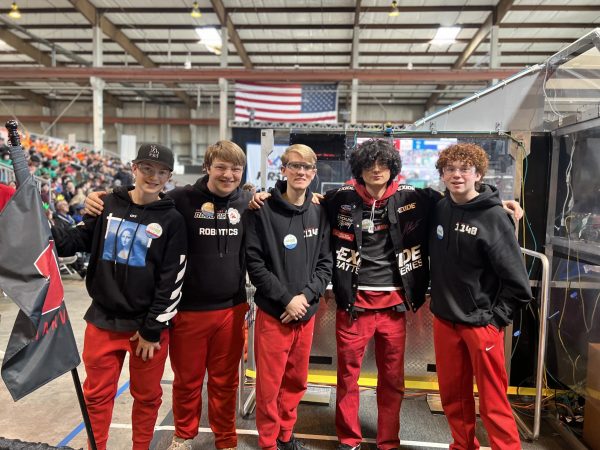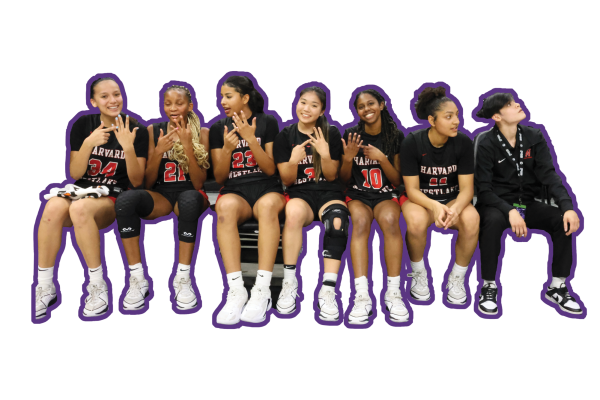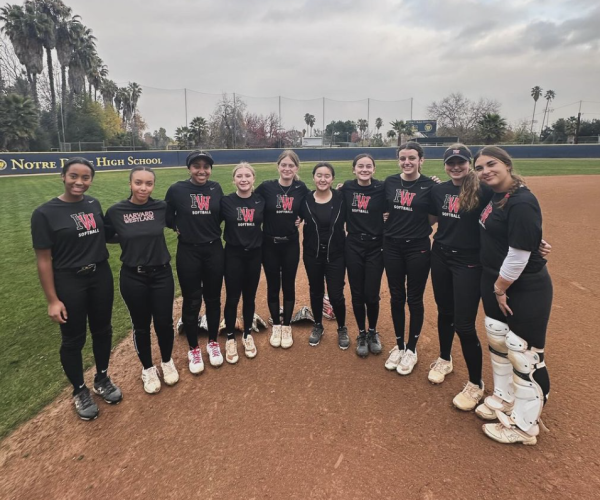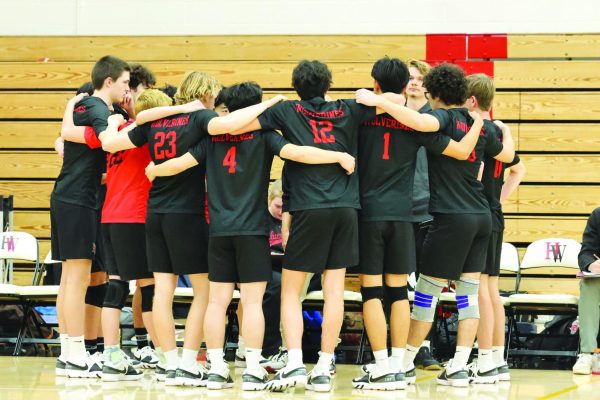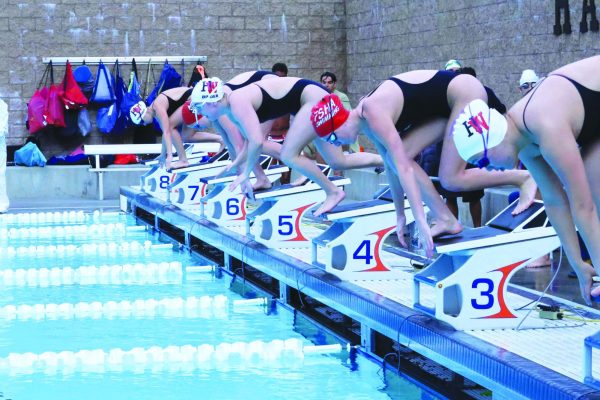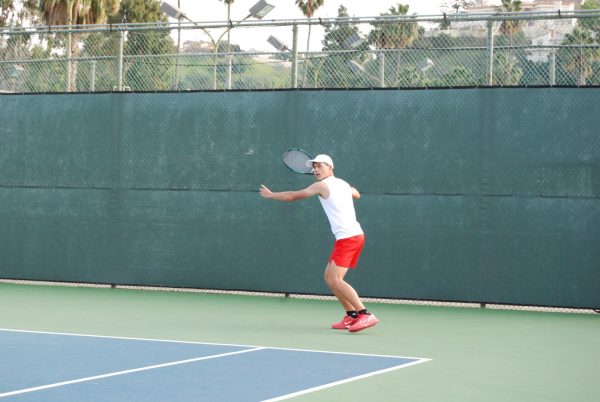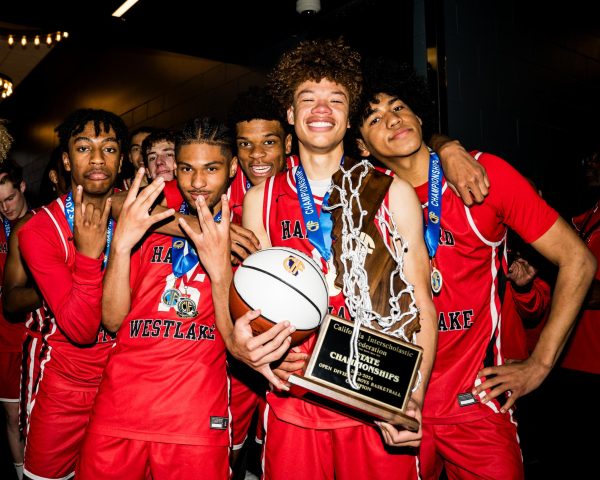Time Out
Student-athletes discuss the balance between sports, social life and academics.
February 6, 2023
The sky turned dark as water polo player Zach Rossen ’23 finished practice. At 6 p.m., when practice usually ended, Rossen climbed out of the pool, took a quick shower and changed into his clothes. With a long night of homework ahead of him, he hurriedly placed his heavy school backpack on one shoulder as he reached for his water polo bag to put on the other.
High school student-athletes face the unique challenge of having to maintain rigorous classes and a time-consuming sport, according to Ohio University.
Rossen said during his Sophomore and Junior years, he was not able to completely fulfill a balanced social life because of the larger presence of water polo and academics.
“It kind of started out mellow, but as the years progressed, it all gets harder, in every aspect: physically and mentally,” Rossen said. “I remember coming home and just [being] absolutely exhausted on a Monday [knowing there was] still an entire week left [until the weekend]. It was quite daunting. I think that social life should nudge its way in there. For me, that’s kind of been left out of the picture because of the amount of time that the other two take.”
However, Rossen said that playing water polo and forming bonds within his team has helped decrease the stress of taking multiple Advanced Placement (AP) and honors classes.
“[Water Polo] has actually been kind of a release from all the pressure that academics puts on you,” Rossen said. “Being with camaraderie is such an underrated element of team sports by developing relationships that way. You’re really competing against everyone here. All they talk about is college this, college that, soo, it’s been really nice finding a group of guys that you could just hang out with and count on. With them, it’s not necessarily that I’m competing against them. I’m competing with them. It’s been a release and it has been really helpful for me.”
Sports psychologist Kathryn Scardino said she encourages student-athletes to take time to consider the strain certain activities may have on their mental health.
“My advice would be to make sure they understand their own goals, how stress affects them, and to have a plan to manage stress and enjoy the process of challenging themselves in school and sports,” Scardino said.
Scardino said sports psychology is an extremely important part of helping student-athletes find a balance between academics and their sport.
“Sports psychology is beneficial to athletes for two specific reasons,” Scardino said. “We work with athletes on the mental side of the game instead of leaving it up to chance which gets us a competitive advantage. Second, a sport psychologist is able to work with student-athletes on the unique mental health challenges they may experience.”
Rossen said he advises younger student-athletes to reasonably challenge themselves.
“I’d say pace yourself, but also challenge yourself,” Rossen said. “The reason why I came [to Harvard-Westlake] was to challenge myself. I knew it was going to be hard. That’s why I signed up for it. I feel like it brings out the best in me when I compete because there’s this new drive that I have to out-compete others. In the end, it’s about learning that you’re not always going to get a flat A. You’re gonna get those A minuses, even the occasional B plus. You’re gonna have setbacks, but the most important thing is what you do to overcome those and that is a skill that you can only develop when you challenge yourself.”
Swimmer Sky Stubbeman ’25, who takes multiple AP and honors classes, said training for competitions and keeping up with schoolwork easily builds up stress.
“I would say that keeping a balance is definitely difficult sometimes, but so far I’d like to think I’ve been able to keep a healthy schedule,” Stubbeman said. “However some weeks I end up having to focus more on school than swimming or vice versa, just depending on tests or competitions. With practice taking up a large amount of time and energy on top of schoolwork, it can get very overwhelming if you can’t figure out what to prioritize and how to time manage all your commitments.”
Like Stubbeman, Scardino said because there is no set level of stress student-athletes face, she recommends working with a specialist like herself.
“I don’t think one or the other (school versus sport) has more of an impact on stress,” Scardino said. “It really depends on the person and their own goals. Some stress is not a bad thing, but when there is chronic stress from multiple areas of life it can be overwhelming for anybody. It is important that student-athletes understand how stress affects them personally, and develop a plan on how to manage that stress. I would suggest working with a trusted adult or professional to help come up with an effective plan of action.”
Cross country and track and field runner Nuzzy Sykes ’24 said being more conscious of the struggles of student-athletes allows him to better balance his commitment to athletics and academics.
“The most rewarding part is being able to work with the people on my team to not only study and grow academically but also by supporting them through training and meets,” Sykes said. “We all have similar struggles balancing sports and academics, but helping each other through each part can always ease the workload. Everyone on the team works so hard both in running and school, and being a part of that group makes every minute worth it.”
Sykes said he tries to find as much time as possible to balance out the time commitment of rigorous classes and long practice hours.
“Cross country and track are fairly time-consuming sports, so one of the best ways I stay on top of my work is by joining friends in the library and finishing up our studying or homework before practice,” Sykes said. “There are days when the stress can build, but I always think that if I can make it to the weekend, I can catch back up. I also try to look for the small bits of time that I can work like finishing some homework in class or going over notes in a break.”































